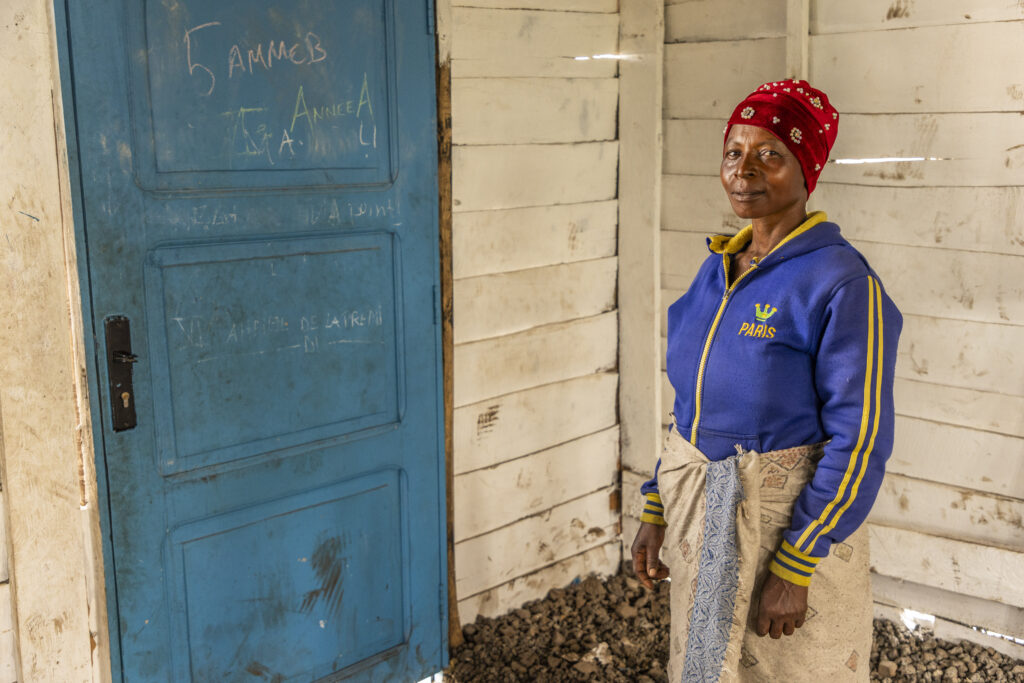Ever since Comfort International began in 1999, an important focus of the work that we have been called to is supporting local partners to counsel, care and provide for victims of sexual violence, helping them on the road to physical, emotional, psychological and spiritual healing. Firstly with the survivors of the 1994 Genocide Against the Tutsi, and now more heavily with survivors of the current violent conflict ongoing in the Democratic Republic of Congo, where women and girls face extreme danger in their daily lives. Comfort Congo set up Heshima, which in Swahili means respect or dignity, aiming to restore exactly that to their lives in a social situation where trauma and stigma often exclude them from community. Judith* came onto the Heshima project in 2022, out of a place of extreme pain, shame and fear.
Judith lost her husband during one of the periods of unrest in North Kivu, leaving her a single parent with 5 children. When she was in the bush trying to survive, she was attacked, beaten and raped. This brutal assault left her broken-hearted, emotionally scarred, and suffering from chronic and debilitating physical pain. She was taken to Central Hospital Rusayu (CHR) for treatment, and was cared for by the staff there, undergoing more than one surgery to treat her injuries. The CHR staff recognised that Judith had been raped and took care of her physical needs, and on top of this, they referred her to the Heshima Project to receive ongoing support and provision. Since coming onto the project, Judith said that the financial support from her sponsor has helped change her life, but that the teaching and support she receives through Heshima has helped to heal her heart.
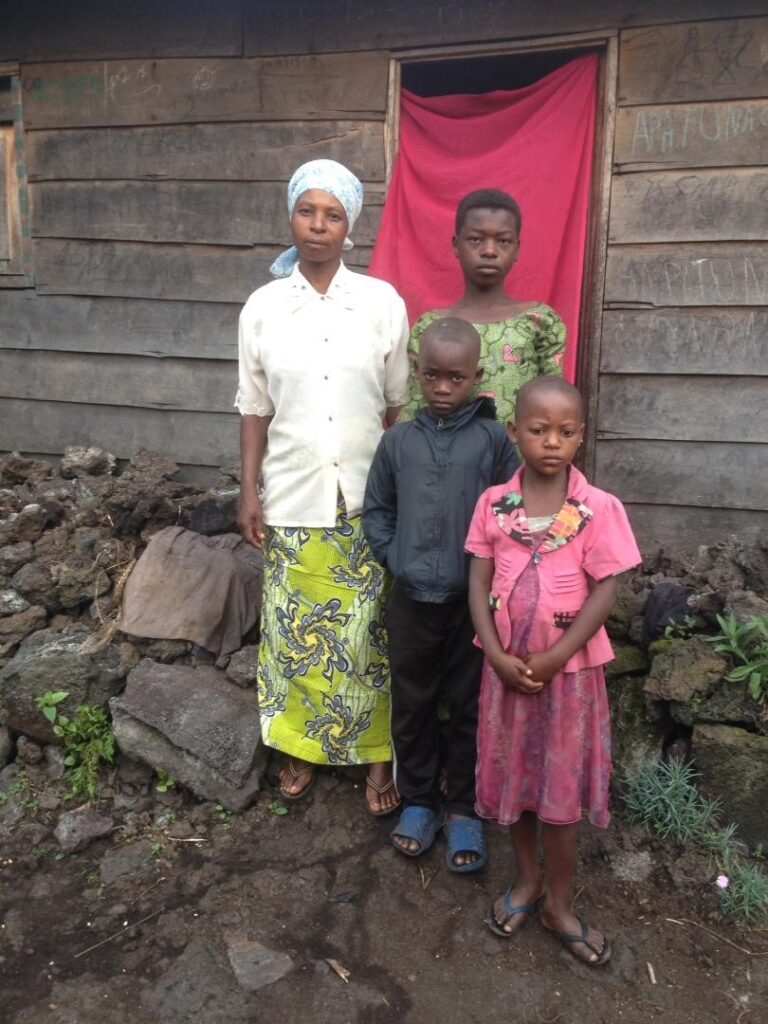
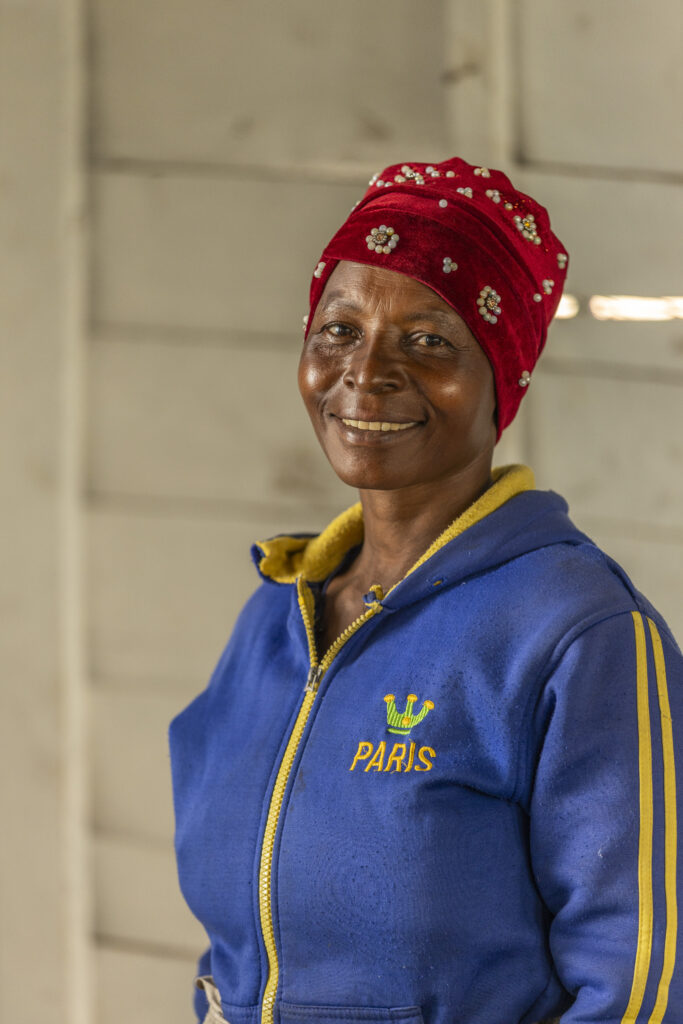
Over the years, Judith’s heart, body and mind have been healing as each of her needs are addressed. She was able to pay for some land where she was living with her family, and rejoiced when her children were each able to restart their education. She wrote to her sponsor, “It encourages me to see how happy my children are, going to school in beautiful school uniform with good notebooks, pens and pencils, and they enjoy their classes with no obstacles because they have been well prepared with the sponsorship money you regularly support me with.”
Judith continued to struggle with her health but she was finding that the love and value she had received was transforming her situation: “The disease prevents me to work. The Head Doctor recommends I don’t work or lift heavy items. But it is difficult for me to live without working or lifting as I have no one to help me apart from the children who spend their time at school … I hope that God will make ways, despite my sickness my children will still go to school and they will get good results. As for the sickness, I know that Jesus Christ is the healer, nothing is difficult for him to repair. I will find grace in him and his love for me is all within this situation.”
Judith, along with some other women on the Heshima project, started a small business selling potatoes and charcoal using some income she received from the Heshima project. This has helped her to keep feeding and supporting her children, especially while things are still very hard in North Kivu. It’s been a big help to Judith, but recently, the increase in violence and the M23 rebel army progress this year has had a devastating effect on their profits.
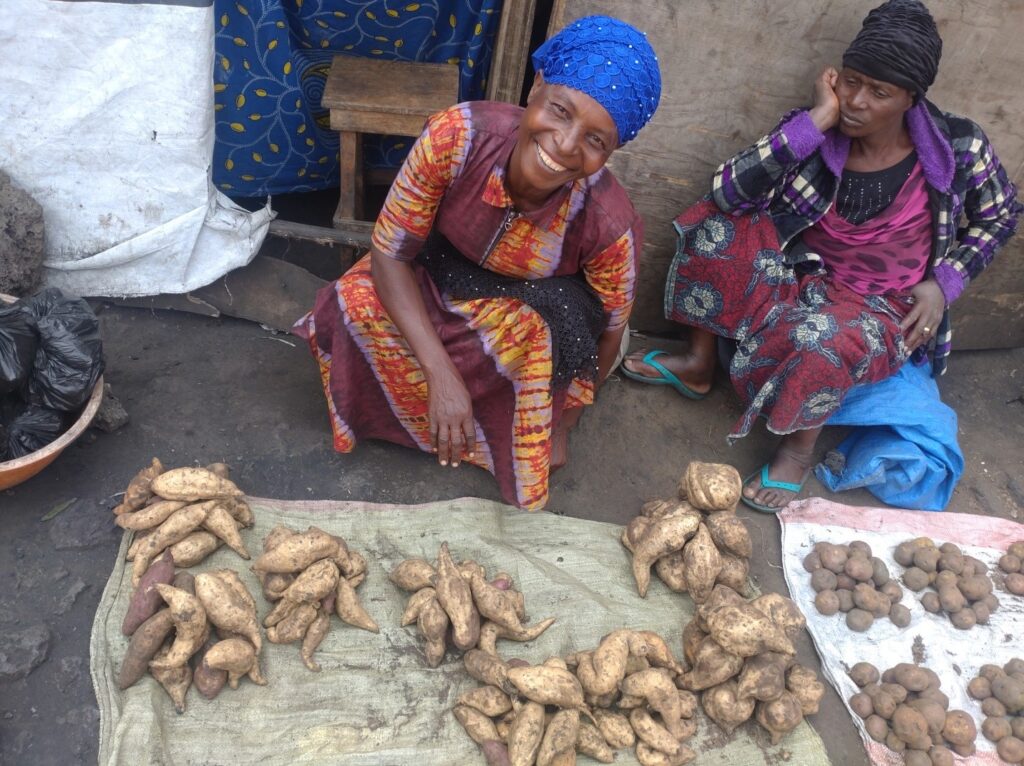
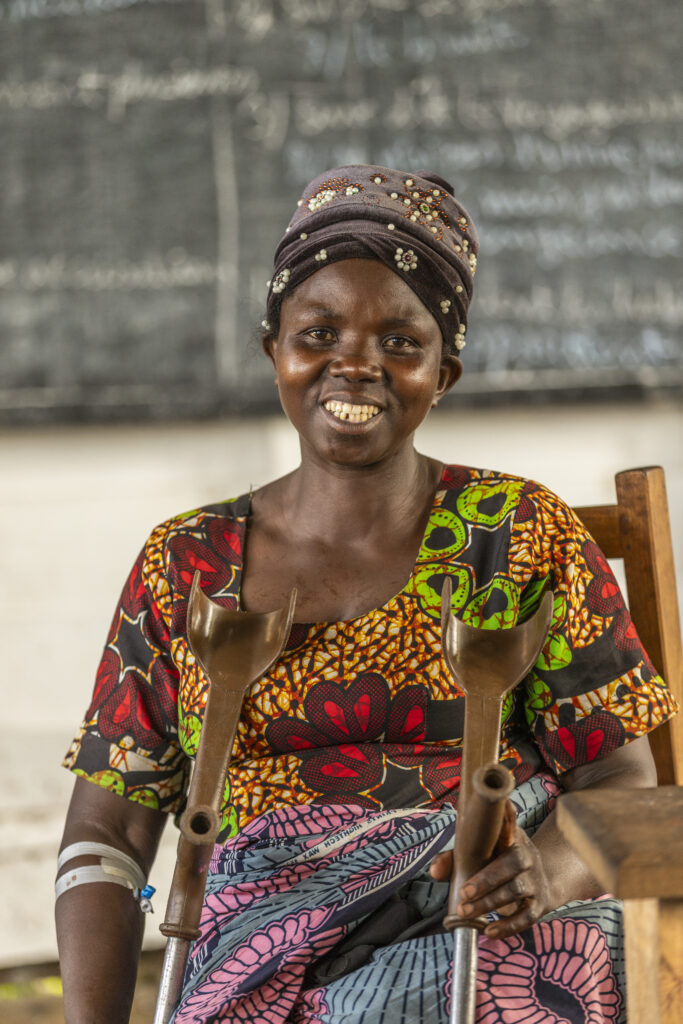
Agatha*, one of the other Heshima members selling potatoes, explains why the current situation is so difficult – “Due to the security situation in our country, and particularly in our province of North Kivu, my potato business is experiencing a lot of challenges because to have potatoes of good quality, one has to go to Masisi which is the largest potato producing territory. Before the war I was able to travel to Masisi in order to get potatoes at the right price. But since this territory has been occupied by the M23 rebels and part of it by the Wazalendo, it is impossible for us to go there for fear of being kidnapped or raped by the rebels. To solve this problem, we are forced to send the motorcyclists who go to Masisi to bring us the potatoes. When they arrive in Masisi, we buy potatoes at a high price compared to previous years. Then we are forced to sell them at a slightly high price. Our customers are becoming unhappy and this puts our business in difficulty. Despite all these difficulties, we endure and we manage to sell some 3 to 4 bags of potatoes wholesale and 1 bag of potatoes retail.”
Judith adds, “We can sometimes cross Lake Kivu to get to Minova since the road leading to Minova is cut off by the M23 rebels. Recently there was a boat that drowned with all the passengers and goods on board, and because of this phenomenon, we were afraid to cross the lake to get the goods in Minova. We are forced to send the motorcyclists who go to Masisi to find the goods, or to buy in bulk from the wholesalers who go to Masisi and resell them to our customers. This puts us in difficulty so that we don’t have the profit we had before the war … Despite the difficult situation, we are happy with what we earn to feed and educate our children, no matter the challenges.”
Life is far from easy for Judith and the other women on the Heshima project, but receiving support for starting a business, education for her children, food, clothes, and a safe place to stay makes the world of difference. More importantly perhaps than all of this, is what Heshima means … dignity. It has been restored to Judith in a way that has transformed her life and her story.
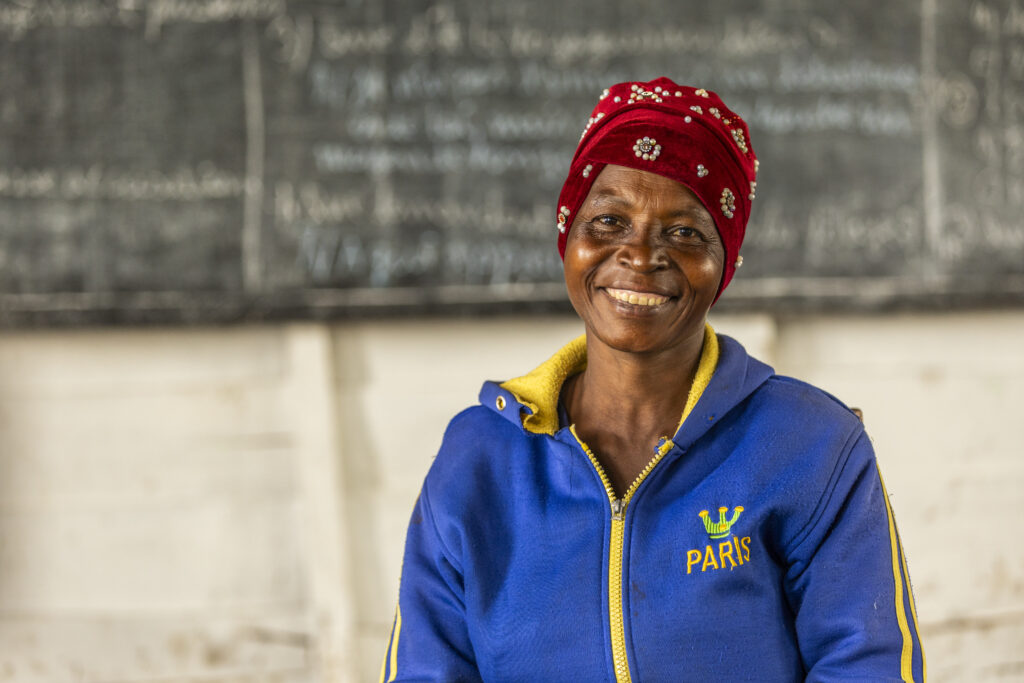
a little can change a life
*names changed to protect identity

